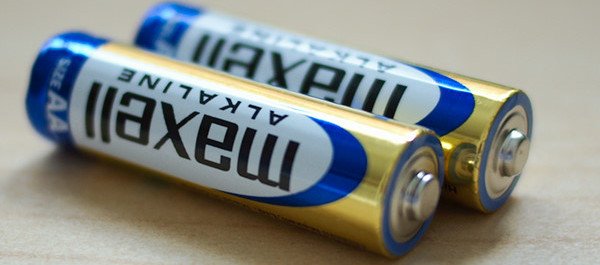Tiny holes a bigger battery make

What's the worst thing about using a laptop for gaming these days? Now that portable processors and graphics cards are good enough for most PC titles, the only problem left to overcome is battery life. I can't think of a laptop I've looked at recently that could manage more than an hour and a half of unplugged play. Not great if you're planning a raid.
Fortunately, science may have an answer to a plight.
According to a report over on the BBC this morning, researchers at Northwestern University in the US have been experimenting with lithium-ion cells to find ways to improve their performance. They reckon they've found ways to increase capacity by a factor of ten, and improved charging times by a similar amount.
The most intriguing part of the research involved punching tiny holes less than 40nm wide in sheets of graphene, in order to accelerate the charging process. The technique, callled “In-plane vacanc-enabled high-power si-graphene composite electrode for lithium-ion batteries” is described in the latest issue of the journal Advanced Energy Materials .
Professor Harold Kung, lead scientist, believes that new batteries using their findings could be commercially available in five years.
The biggest gaming news, reviews and hardware deals
Keep up to date with the most important stories and the best deals, as picked by the PC Gamer team.

